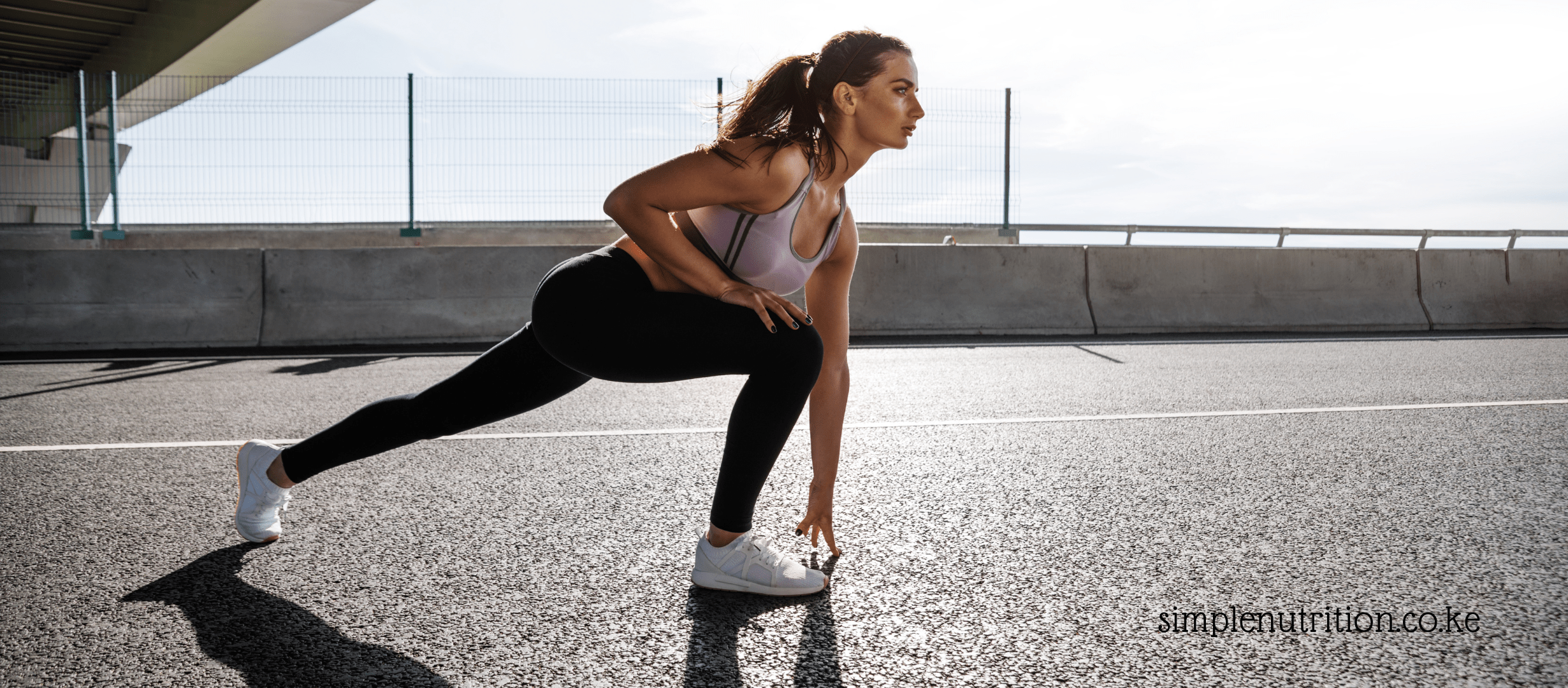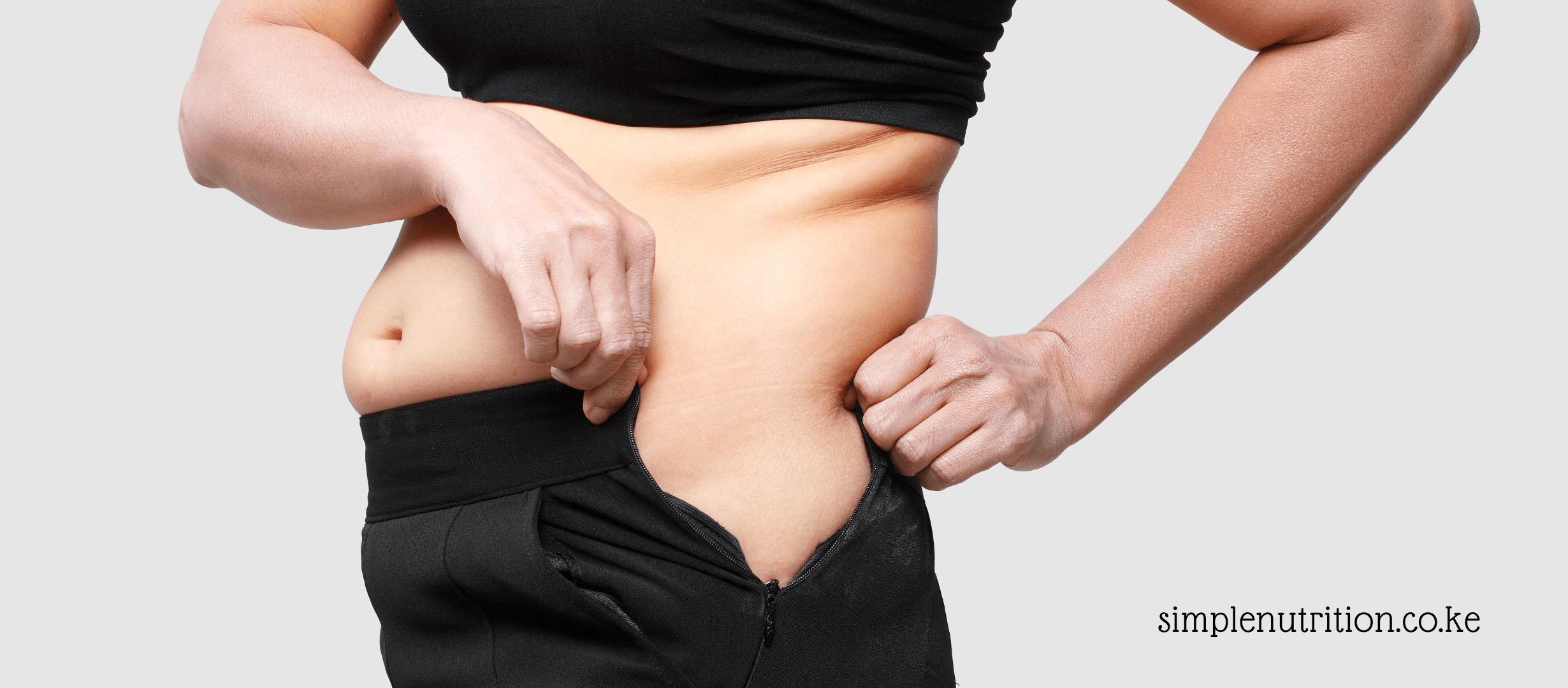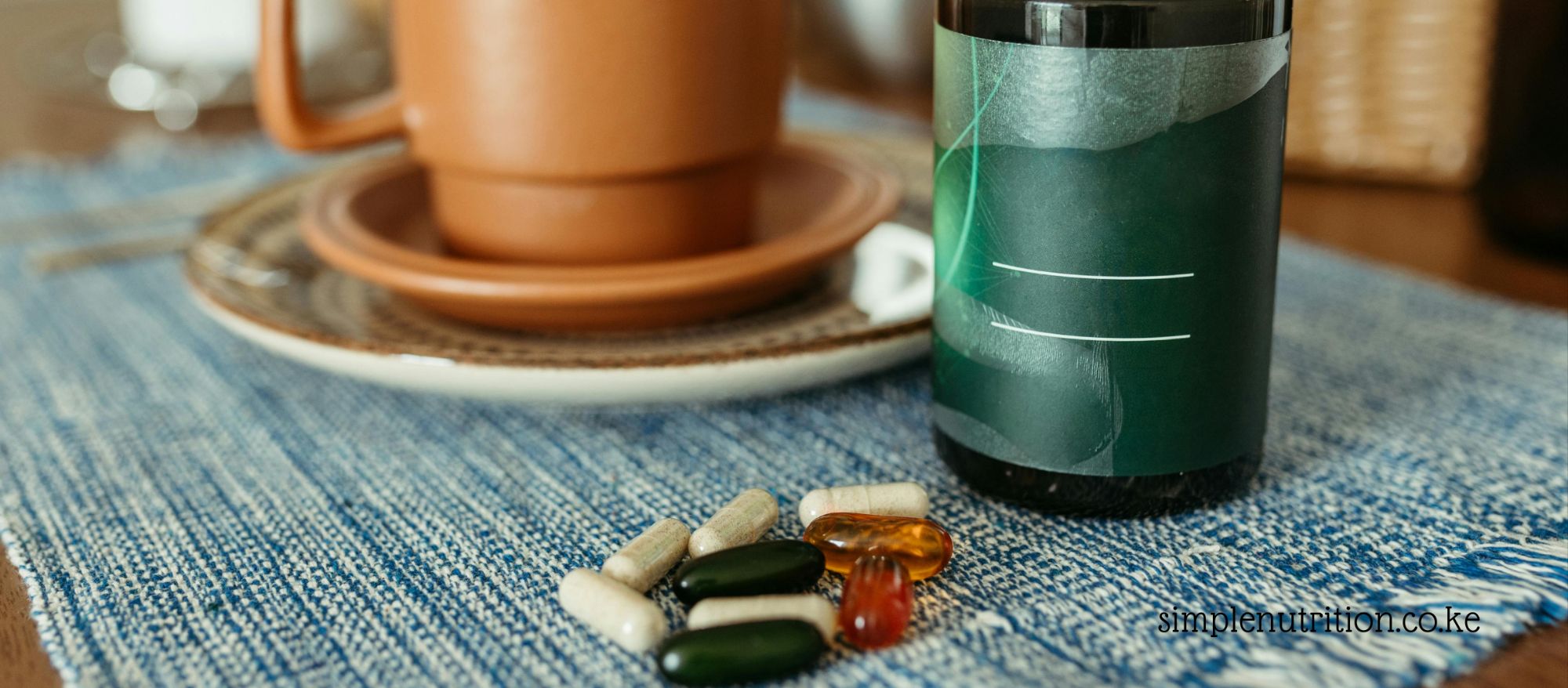Cooking is an art, but it’s also a science and sometimes, the way we prepare our meals can rob us of the very nutrients our bodies need. Many of us still cling to “ancient” cooking methods we inherited from our parents and grandparents, without realizing they might be doing more harm than good nutrition.
Yes, our mothers and grandmothers meant well, but science has shown that certain old-school techniques from overcooking vegetables to storing food the wrong way can lead to vitamin loss, reduced mineral absorption, and even chronic nutrient deficiencies.
Let’s dig in and see which cooking habits we may need to let go of for the sake of our health.
1. Overboiling Vegetables — Vitamin C’s Worst Enemy
If you grew up in a Kenyan household, you probably know the ritual: sukuma wiki or cabbage is boiled in water until it’s almost falling apart, then fried with onions and tomatoes. While it tastes familiar, this process destroys up to 50–60% of Vitamin C in the vegetables.
Vitamin C is water-soluble, meaning it leaches into the boiling water. And since most people discard the water, the nutrients go straight down the drain. Over time, this can lead to weakened immunity, slow wound healing, and skin issues.
Better method: Steam your greens lightly or stir-fry them quickly to preserve nutrients. If you must boil, use very little water and cook for the shortest time possible.
Related Post: Heart-Healthy Superfoods Fueling Your Heart for a Lifetime
2. Cooking with Excessive Heat — Killing Healthy Fats
Deep-frying may give us that irresistible mandazi, samosa, or chips flavor, but heating oil to high temperatures destroys healthy fats and can produce harmful compounds. Omega-3 fatty acids in fish, for example, are very sensitive to heat over-frying can leave you with all the calories but none of the benefits.
Worse still, reusing oil (common in street food vendors and even at home) not only removes the nutrients but also introduces free radicals that damage cells and increase inflammation.
Better method: Pan-fry with less oil, bake, or grill foods. For delicate fats (like in fish), cook at moderate heat.
Related Post: You Are What You Eat
3. Soaking and Discarding Water from Beans and Cereals
Many people soak beans, ndengu, or maize overnight and then pour out the soaking water before cooking. While this can reduce anti-nutrients like phytic acid, over-soaking and discarding water without cooking in it can wash away water-soluble vitamins like B-complex.
B vitamins are crucial for energy production and nerve health losing them regularly can lead to fatigue, tingling sensations, or even anemia over time.
Better method: Rinse beans lightly before soaking, soak for a reasonable time (6–8 hours), and cook in the same water if possible.
Related Post: How to Maintain Weight After Losing It — Simple Habits That Work
4. Long Simmering of Milk — Calcium Loss and Protein Damage
That early morning tea tradition where milk boils for ages while you chat in the kitchen? Bad news prolonged boiling can reduce the availability of calcium and damage milk proteins. Over time, this may contribute to weakened bones and teeth.
Better method: Heat milk just until hot (about 70–80°C) rather than boiling it for 10+ minutes.
5. Adding Milk to Certain Foods — Blocking Iron Absorption
It’s common in Kenyan homes to add milk to porridge, pumpkin, arrowroot, sweet potatoes, or even githeri to “make it richer.” While milk is nutritious, it contains high amounts of calcium which competes with iron for absorption in the body.
This is especially risky for children, pregnant women, and people already low in iron, as it can lead to iron deficiency anemia over time leaving you feeling tired, pale, and weak.
For example: Giving uji with milk every morning might be lowering your child’s iron intake.
Mixing milk into pumpkin dishes could reduce the body’s ability to absorb plant-based iron from the pumpkin.
Better method: Enjoy iron-rich foods (like beans, lentils, pumpkin, and greens) separately from milk-based foods. Give at least 1–2 hours between iron sources and milk products to maximize absorption.
6.Cooking Without Covering — Vitamin A Loss
Leaving sufurias uncovered while cooking certain vegetables (like carrots, pumpkin, or sweet potatoes) can cause loss of Vitamin A, which is sensitive to light and oxygen. This may lead to night blindness, dry skin, and a weakened immune system.
Better method: Cover your food while cooking to lock in both heat and nutrients.
7. Peeling Away the Nutrients
Many of us peel potatoes, carrots, or even apples excessively — but just beneath the skin lies a good portion of fiber, antioxidants, and minerals. By peeling, you might be throwing away the best part of your food.
Better method: Wash thoroughly and cook with the skin on when possible.
Related Post: Common Complications of Diabetes and How to Manage Them
8. Reheating Food Repeatedly
That pot of githeri you keep reheating morning and night? Each reheating session reduces vitamin content — especially Vitamin C and some B vitamins. Over time, this can make your meals far less nutritious than you think.
Better method: Warm only the portion you need to eat.
Your kitchen habits might be robbing you of vital nutrients without you realizing it. It’s not about abandoning our heritage recipes — it’s about modernizing our cooking methods to protect our health.
Small changes like steaming instead of boiling, cooking for shorter times, avoiding mixing milk with iron-rich foods, and covering food can make a big difference in preventing nutrient deficiencies.
Discover more from Simple Nutrition
Subscribe to get the latest posts sent to your email.







Reheating Food Repeatedly….This is too common than you’d imagine.